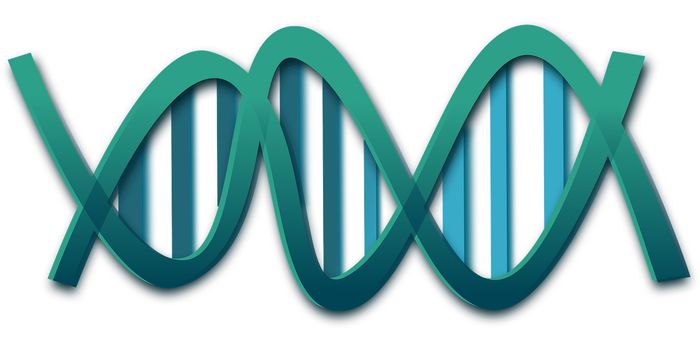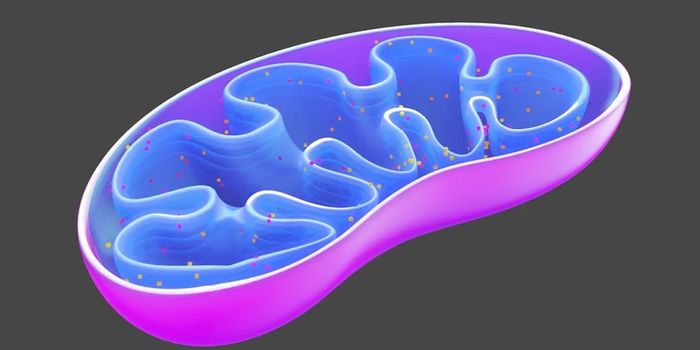One Gene Can Accelerate or Slow ALS Progression
In amyotrophic lateral sclerosis (ALS), the nerves that control muscle movement (motor neurons) start to die, and this degenerative disease eventually robs people of their physical abilities like moving and speaking, and eventually causes death. Learn more from the video. Many genes have been linked to this disorder, making the genetics underlying it complex. But researchers have used a mouse model of ALS to show that mutations in a gene called TBK1 can impact the disease in different ways. The findings, which will help scientists understand the disorder and may aid in the development of therapeutics for the disease, have been reported in Neuron.
"One of the greatest challenges to finding a cure for ALS is using genetic data to understand the disease's underlying mechanisms," said the senior study author, Tom Maniatis, Ph.D., a principal investigator at Columbia's Mortimer B. Zuckerman Mind Brain Behavior Institute.
The TBK1 gene codes for a protein that is involved in several cellular processes, including one that disposes of misfolded proteins, called autophagy. It also helps shield cells from microbial infections.
"TBK1 helps cells clear away clumps of misfolded proteins and defends the body against invading viruses and bacteria," said the lead study author Valeria Gerbino, Ph.D., an associate research scientist in the Maniatis lab. "And because individuals with certain mutations in TBK1 have ALS, we wanted to develop a deep, mechanistic understanding of how these mutations affect cellular functions in the spinal cord during the course of the disease."
Mice were engineered to carry ALS-associated mutations, but did not have motor neuron problems. "This was not surprising, as only a few of the many human ALS mutations tested thus far in mice by other ALS researchers have resulted in motor neuron disease," noted Dr. Maniatis, who is also director of Columbia's Precision Medicine Initiative.
These mutations were then added to a known ALS mouse model that carries mutations in a gene called SOD1. The disease then set in sooner in these animals.
"We found that mice bearing both SOD1 and TBK1 mutations experienced earlier movement abnormalities compared to those bearing only SOD1 mutations," said Dr. Gerbino. "A closer examination of the mice also revealed damage to motor neurons and the loss of muscle connections earlier than expected."
Next, they removed the TBK1 gene from only the motor neurons of SOD1 mice, and found that autophagy was no longer working properly in these cells. That led to a buildup of misfolded proteins and motor neuron death. TBK1 mutations can cause an earlier onset of disease.
But, mice that lacked TBK1 in all cells degenerated slower and lived 25 percent longer compared to mice with only SOD1 mutations or SOD1 mutant mice that also lacked TBK1 in motor neurons.
The researchers determined that mutations in TBK1 can affect other cells in the spinal cord, namely, by suppressing the interferon response in cells called astrocytes and microglia. The interferon response is necessary to defend against infections, but can be detrimental when overactivated, as it is in ALS mice.
"All neurodegenerative diseases ultimately begin with genes," said Dr. Maniatis. "As we continue to gather critical genetic information, we can identify mutations, like those in TBK1, which will provide additional mechanistic insights. These genes and the pathways they control will hold the key to developing drugs that make a difference in the life of ALS patients."
Sources: Science Daily via The Zuckerman Institute at Columbia University, Neuron








